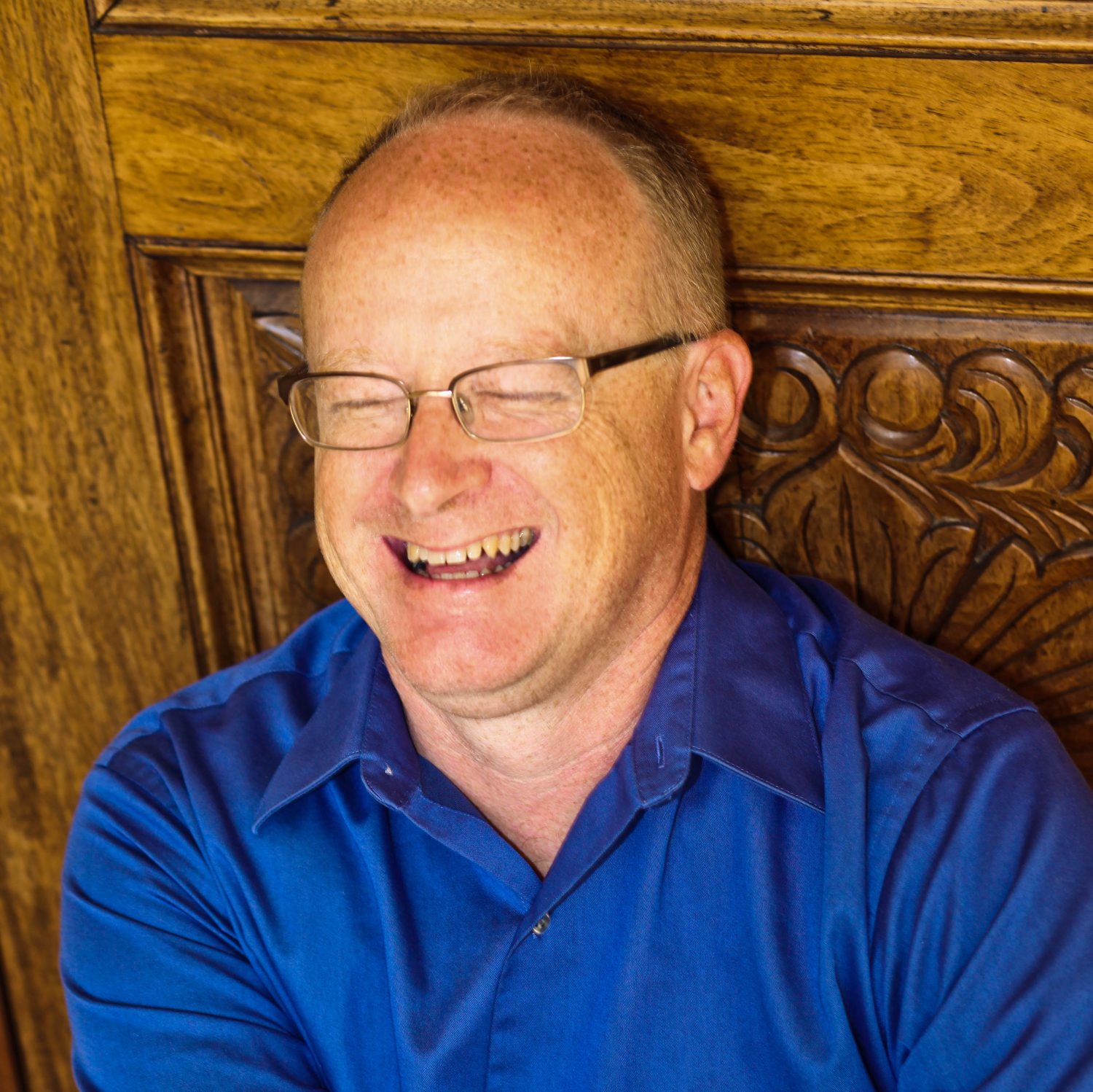 “If you can tell stories, create characters, devise incidents, and have sincerity and passion, it doesn’t matter a damn how you write.”
“If you can tell stories, create characters, devise incidents, and have sincerity and passion, it doesn’t matter a damn how you write.”
–Somerset Maugham, 1874-1965, British playwright, novelist (Of Human Bondage) and short story writer.
 “It is perfectly okay to write garbage—as long as you edit brilliantly.”
“It is perfectly okay to write garbage—as long as you edit brilliantly.”
–C.J. Cherryh, a United States science fiction and fantasy author who has written more than 60 books since the mid-1970s, including the Hugo Award winning novels Downbelow Station (1981) and Cyteen (1988).
This is one of the things I love the most about writing and editing–the complementary nature of the two skills. As an editor, I never think, How can I change this piece of writing?
No, it’s more a question of How can I polish the gems already here to help them sparkle as brightly as they can? As a team, writers and editors don’t work for each other, they work for the reader–without whom, the best writing and editing is for naught.
Your turn: How do you prefer to work with an editor?
__________________________________________
Michael Ehret, for Writing on the Fine Line
 Michael loves to play with words and as editor of the ACFW Journal, he is enjoying his playground. He also plays with words as a freelance editor here at WritingOnTheFineLine.com, where he often takes a writer Into The Edit, pulling back the veil on the editing process. He has edited several nonfiction books, played with words as a corporate communicator, and reported for The Indianapolis Star.
Michael loves to play with words and as editor of the ACFW Journal, he is enjoying his playground. He also plays with words as a freelance editor here at WritingOnTheFineLine.com, where he often takes a writer Into The Edit, pulling back the veil on the editing process. He has edited several nonfiction books, played with words as a corporate communicator, and reported for The Indianapolis Star.






 “You’re only given a little spark of madness, you mustn’t lose it.”
“You’re only given a little spark of madness, you mustn’t lose it.”




